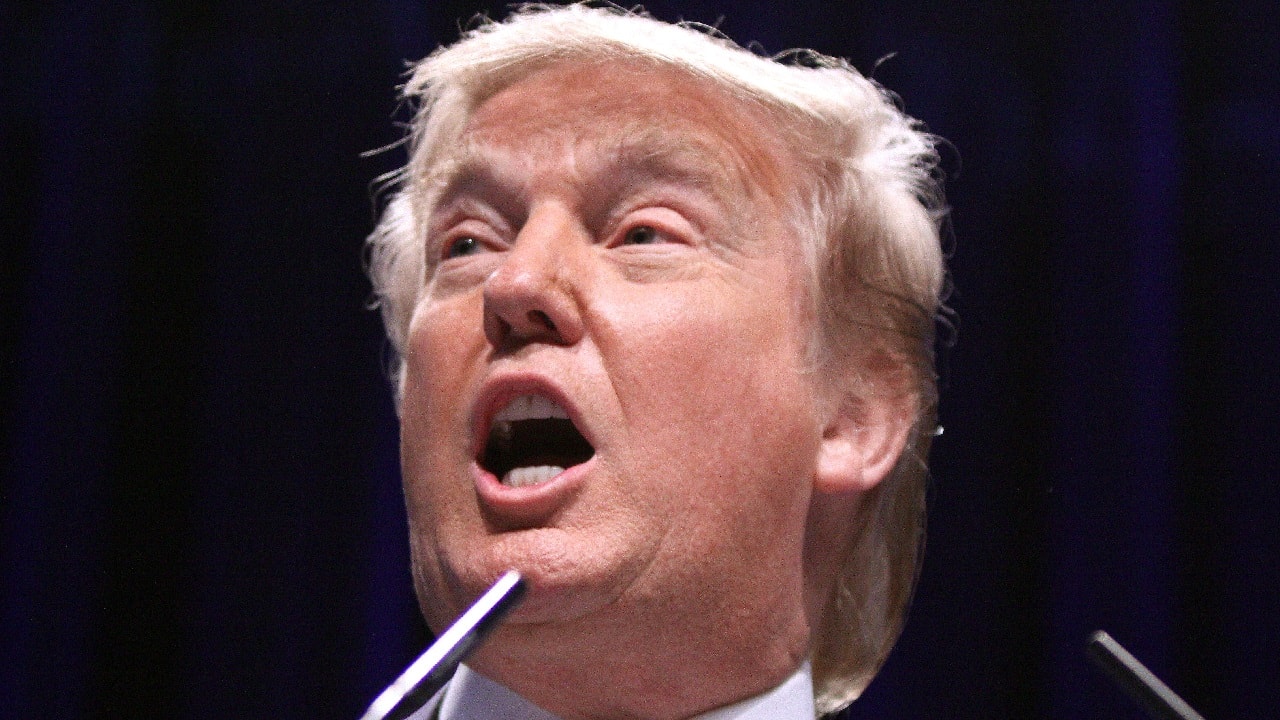Former President Donald Trump, typical to his nature, is fighting ardently to defend himself on multiple legal fronts. And, typical of responsible criminal defense, Trump’s legal team has filed a motion to dismiss the federal case regarding election interference.
Motion to Dismiss is S.O.P.
In an early morning Tuesday submission, Trump’s team filed a motion to dismiss the charges. The mainstream media is covering the motions as if they were disruptive or nefarious or Trumpian (i.e., ‘Trump Files More Motions to Derail Federal Jan. 6 Case’ in The New York Times; ‘Trump seeks to derail election-subversion charges’ in POLITICO; ‘Trump files new challenges to federal election obstruction case in D.C.’ in The Washington Post) but filing a motion to dismiss is pretty much standard operating procedure for criminal defense attorneys. If Trump’s team didn’t file a motion to dismiss I’d have questions.
Technically the headlines are true – Trump is trying to derail the charges against him – but that’s the essence of defending yourself in the court of law. And filing a motion to dismiss serves an important societal function – it puts pressure on the prosecution to ensure they are charging responsibly; that they are charging plausibly; that they are not threatening to deprive a US citizen’s personal liberty on bogus charges; that they are not threatening to waste substantial public resources on poorly conceived charges. The motion to dismiss gives everyone a chance to reevaluate whether plunging into a full-on trial is worthwhile, or ethical. So, relax.
The specifics of Trump’s argument
Trump’s motion to dismiss, which states that the prosecution is “vindictive,” asks whether “alternative electors are a criminal conspiracy or a symbolic act of defiance that is rooted in American history.”
“The core conduct alleged in the indictment relating to the presentation of alternate electors had a historical basis that dates back to 1800 and spans at least seven other elections,” Trump’s motion stated. “There are no other prosecutions in American history relating to these types of activities. The allegations in the indictment involve constitutionally authorized activities by President Trump as Commander in Chief, as well as speech and expressive conduct by the First Amendment.”
The filing continued: “Given this context, it is no surprise that in the months following the 2020 election, senior government officials rejected an investigation of President Trump as unfounded and potentially unconstitutional.”
Essentially, Trump is arguing that the alternate electors who upheld a Trump win in 2020 were exercising their free speech to symbolically show their disapproval of Biden, the Democrats, and the execution of the election itself.
Edward B. Foley, a constitutional law professor at Ohio State University, wrote for the think tank Just Security that U.S. politics has a multi-century history of alternate electors. Further, the alternate electors who signed off on a Trump victory were running a “fool’s errand, since there never was a chance that Congress was going to recognize Trump as the winner.”
Trump’s team is hopeful that the argument is well received, and that the motion to dismiss is passed, and the case is dismissed – leaving Trump with just three other criminal trials to sort out.
Harrison Kass is the Senior Editor and opinion writer at 19FortyFive. An attorney, pilot, guitarist, and minor pro hockey player, Harrison joined the US Air Force as a Pilot Trainee but was medically discharged. Harrison holds a BA from Lake Forest College, a JD from the University of Oregon, and an MA from New York University. Harrison listens to Dokken.
From the Vault

